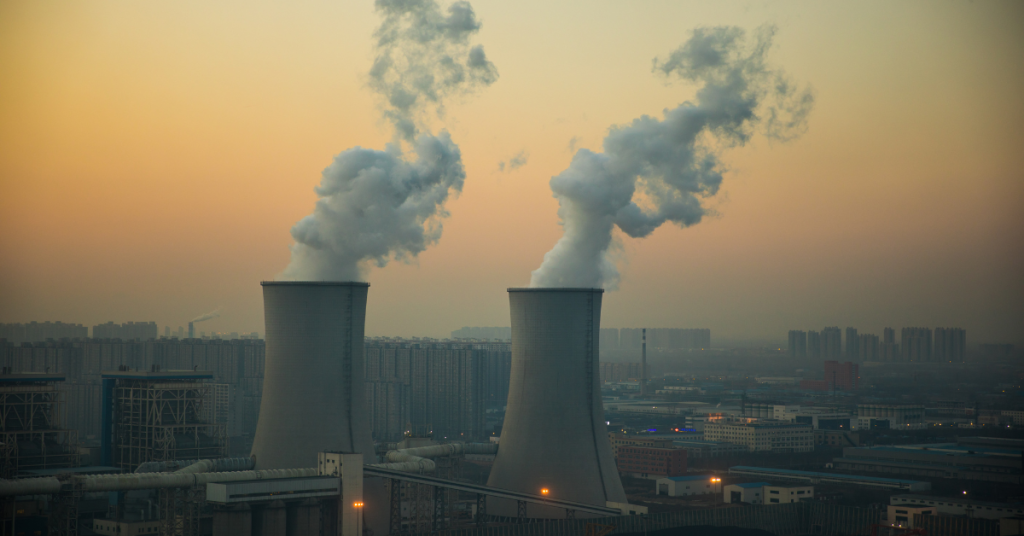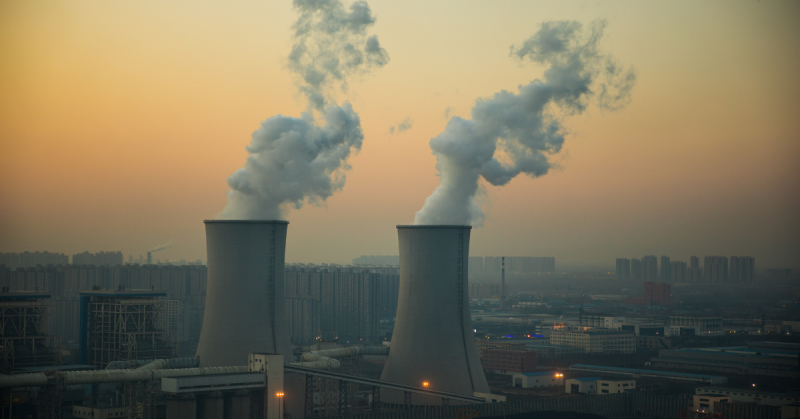
Keep It Buried: The Case for Leaving Fossil Fuels in the Ground
Why Cutting Carbon Emissions Starts at the Source, Not Just the Consumer
The Reality of Global Warming
Global warming isn’t as complex as it’s often made out to be—it’s a straightforward scientific issue. The challenge isn’t understanding it; the challenge is solving it.
For the past two centuries, fossil fuel consumption has powered industrial revolutions, technological advancements, and modern conveniences. However, the consequences of burning vast amounts of coal, oil, and gas have become undeniable.
Each year, global temperatures continue to break records. 2015 was the hottest year ever recorded—until 2016 broke that record. The trend persists, bringing more extreme weather, rising sea levels, and threats to food security.
At 2°C of warming, large parts of the world will become less habitable, with coastal cities at risk of flooding and entire ecosystems collapsing. Mass migrations due to climate disasters will create crises unlike anything we’ve seen before.
The Paris Agreement: Hope or False Optimism?
During the 2015 Paris Climate Summit, world leaders agreed on a 1.5°C warming cap, acknowledging the catastrophic risks of exceeding this limit. However, many scientists believe this goal is nearly impossible to achieve. Despite commitments, progress remains twenty years behind schedule due to political delays and inaction.
A more realistic target—limiting warming to 2°C—is already seen as highly ambitious. Achieving it would require radical cuts in fossil fuel consumption, something governments continue to sidestep.
The Key to Cutting Carbon: Keep Fossil Fuels in the Ground
Studies estimate that to have a 50% chance of keeping warming below 2°C, the world must leave two-thirds of its fossil fuel reserves unexploited. This means:
- 50% of global gas reserves must remain untouched
- 80% of coal reserves must stay in the ground
Despite this, governments continue to focus on consumer-level emission reductions, while ignoring production limits at the source.
Why Governments Won’t Regulate Fossil Fuel Production
George Marshall, founder of the Climate Outreach Information Network, points out a disturbing truth:
“There has never been a single proposal, debate, or position paper on limiting fossil fuel production during international climate negotiations.”
Governments and corporations prefer to regulate consumer behavior (i.e., encouraging individuals to lower their carbon footprints) rather than addressing the corporate production of fossil fuels.
But why?
Because regulating a few thousand fossil fuel companies would be far easier than changing the behaviors of seven billion people—yet, this issue remains largely avoided in policy discussions.
A Practical Solution: Cap Production, Not Just Consumption
Instead of shifting the burden to consumers, governments could introduce a global cap on fossil fuel production. Companies would then be required to:
- Buy permits to extract fossil fuels through a regulated global auction
- Invest in renewable energy as fossil fuels become a riskier, costlier investment
- Shift from extraction to clean energy innovation, as the industry adapts
By enforcing strict extraction limits, wind, solar, and nuclear power would naturally become better investments, forcing energy corporations to evolve.
The Contradiction of Climate Policy
Despite all the climate summits, nearly every government continues maximizing fossil fuel production. This contradiction undermines every renewable energy initiative. The transition to clean energy is meaningless if we do not simultaneously phase out fossil fuel extraction.
If the Paris Agreement is to have any lasting impact, world leaders must take a clear stance:
- Stop prioritizing fossil fuel extraction
- Commit to keeping reserves buried
- Accelerate the transition to sustainable energy sources
The Only Sensible Path Forward
The time for half-measures is over. Climate action isn’t just about building more solar farms and wind turbines—it’s about keeping fossil fuels in the ground.
If we don’t limit fossil fuel production, no amount of clean energy will prevent climate catastrophe.
The world must end fossil fuel dependence—and sooner rather than later.
The solution is simple. But will we act before it’s too late?
FAQs: The Urgency of Keeping Fossil Fuels in the Ground
Regulating a few thousand fossil fuel companies is far easier than changing the habits of seven billion people. Without restricting production at the source, demand will continue, making consumer regulations less impactful.
To maintain a 50% chance of staying below 2°C warming, we must leave:
- 80% of coal reserves untouched
- 50% of gas reserves unexploited
Despite decades of climate negotiations, there has never been an official proposal to cap fossil fuel extraction—largely due to political and economic pressures from the fossil fuel industry.
If governments introduced a global cap on fossil fuel extraction, companies would need to buy permits to extract, making fossil fuels less profitable and renewables more attractive investments.
A global limit on fossil fuel production—without it, no amount of renewable energy investment will be enough to curb climate change.
Interested In Our Services?
Implementation
Certified crews manage permits, logistics, installation, and grid connection under one turnkey contract.
Check the below for more details.
More Details
Contact Us for More Details
Fill the Form Below and We Will Get Back to You Within 24 Hours

